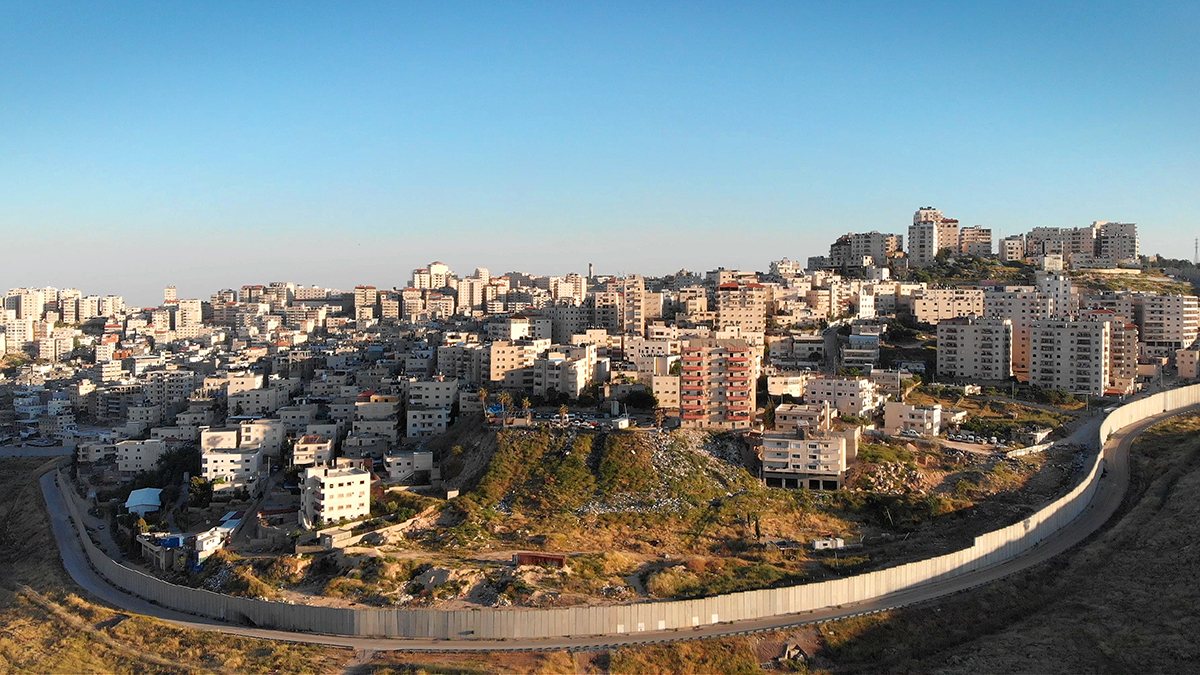A detailed UNCTAD study and economic dataset shows that without closures and military operations, GDP per capita in the West Bank in 2019 would have been 44% higher than its actual value.

Drone flight view of east Jerusalem security wall divide between Israeli and Arab neighborhood Anata and pisgat zeev, Israel. © ImageBank4U
A large UNCTAD dataset and detailed methodology underpinning a new analysis on the impact of the Israeli closure policy on the West Bank is now available.
The study, released today by UNCTAD, estimates the cost of the closures and other measures of Israeli occupation in the West Bank since 2000 at $58 billion.
The study, entitled, “The Economic Costs of the Israeli Occupation for the Palestinian People: Arrested Development and Poverty in the West Bank”, indicates that poverty and inequality rose dramatically in the aftermath of the second Palestinian Intifada against the Israeli occupation, an uprising which broke out in September 2000.
It maintains that without the Israeli closures, and military operations, the poverty rate in the West Bank in 2004 would have been one-third of the observed 35% and GDP per capita in 2019 would have been 44% higher than its actual value.
“The occupation denies the Palestinian people their inalienable human right to development and imposes a heavy economic cost on them,” said Richard Kozul-Wright, UNCTAD's globalization and development strategies director.
The study adds to and provides greater details complementing an UNCTAD report to the seventy-sixth session of the General Assembly delivered earlier this year, in August.


